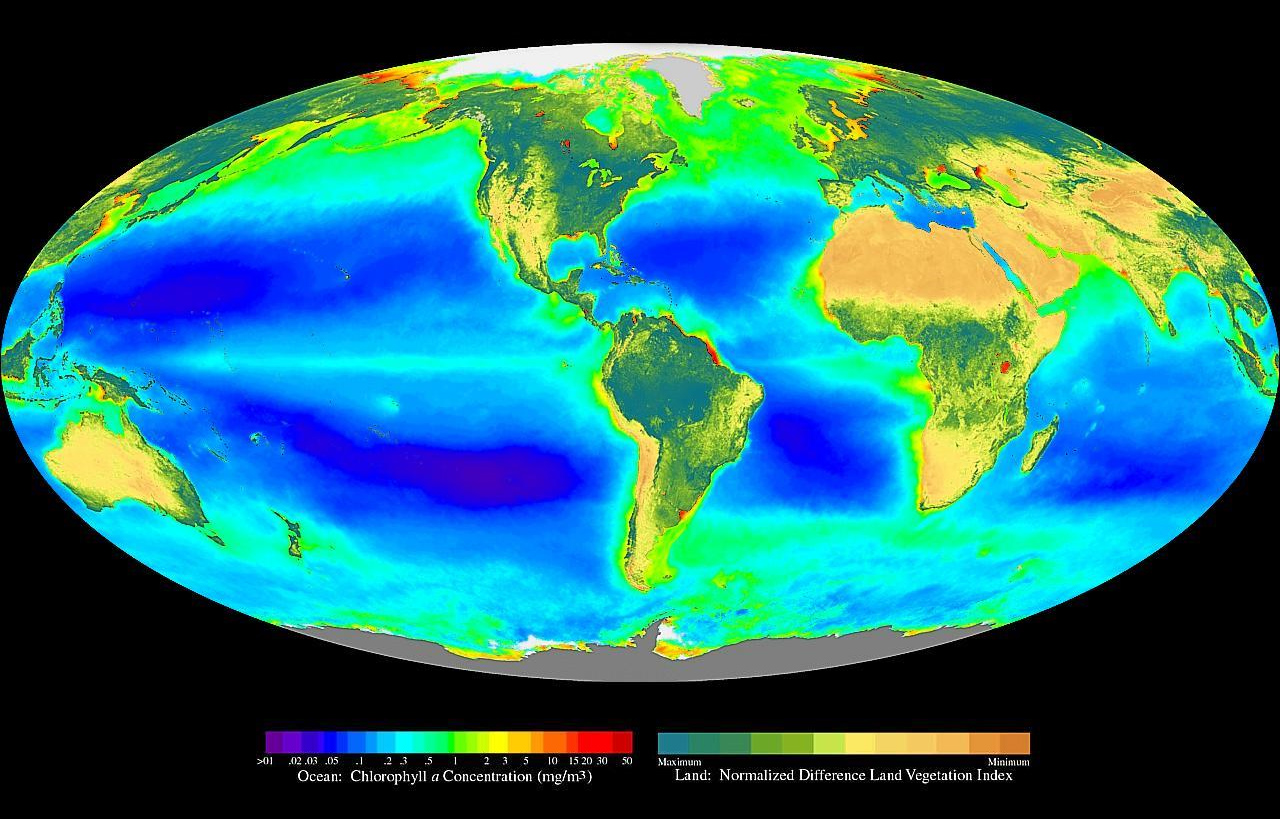carbon-14
A long-lived naturally occurring radioactive carbon isotope of mass 14, used in carbon dating and as a tracer in biochemistry.
Carbon-14, 14C, or radiocarbon, is a radioactive isotope of carbon with an atomic nucleus containing 6 protons and 8 neutrons. Its presence in organic materials is the basis of radiocarbon dating for archaeological, geological and hydrogeological samples.
anthropocene
Relating to or denoting the current geological age, viewed as the period during which human activity has been been the dominant influence on climate and the environment.
The human impact on biodiversity forms one of the primary attributes of the Anthropocene.
biosphere
The biosphere is the global sum of all ecosystems. It can also be termed as the zone of life on Earth, a closed system, and largely self-regulating. By the most general biophysiological definition, the biosphere is the global ecological system integrating all living beings and their relationships, including their interaction with the elements of the lithosphere, geosphere, hydrosphere, and atmosphere.





